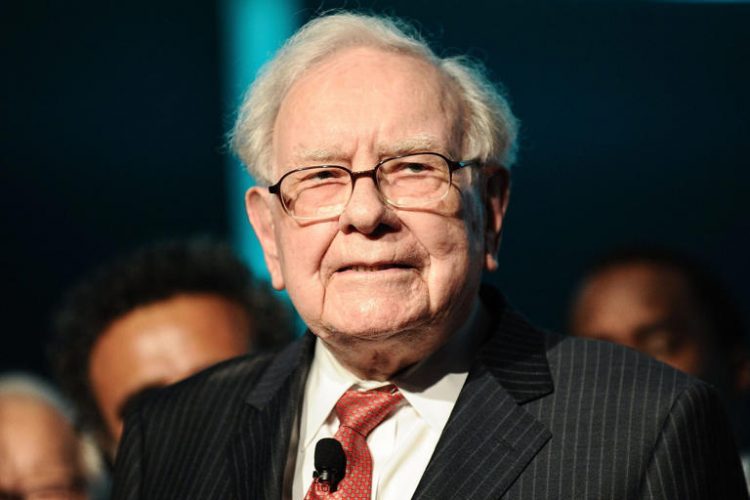The quote “First they ignore you, then they laugh at you, then they fight you,” often misattributed to Gandhi, has been circulating for over a century and has recently been embraced by cryptocurrency enthusiasts, particularly Bitcoin supporters. However, the landscape is changing rapidly, and many former adversaries of Bitcoin on Wall Street are now adopting a “if you can’t beat ’em, join ’em” mentality in response to the surge of investment flowing into Bitcoin products since the approval of ETFs in January.
According to a recent Bloomberg report, even the most traditional names in finance, such as Bank of America’s Merrill Lynch and Wells Fargo, are among the converts. The once-universal resistance to Bitcoin on Wall Street is gradually dissipating, with more institutions recognizing the robust and steady demand for Bitcoin across demographics, from young to old, rich to poor. This newfound acceptance reflects a realization that Bitcoin’s resilience and position as a cornerstone of the asset class are too strong to ignore.
At this point, it’s becoming increasingly rare to find high-profile individuals willing to outright dismiss Bitcoin, especially those who are not yet eligible for Social Security benefits. Figures like Warren Buffett, known for his “crypto is rat poison squared” remark at the age of 93, and Senator Liz Warren, at 74, represent some of the last remaining prominent skeptics. Even Jamie Dimon, CEO of JP Morgan at 67, who has been vocal in criticizing Bitcoin, oversees a bank that has been exploring blockchain technology for years.
The few remaining critics of Bitcoin tend to be environmentalists concerned about its energy consumption. While it’s true that Bitcoin mining requires significant electricity, much of it is sourced from renewable sources, particularly among U.S. miners. However, these critics lack the influence wielded by major banks, many of which are now aligning with Bitcoin rather than opposing it.
Bitcoin’s popularity continues to soar, driven in part by firms like BlackRock and Fidelity incorporating it into the portfolios of millions of investors. These investors are more concerned with the potential for price appreciation than philosophical objections.
As for Bitcoin’s adversaries on the geopolitical stage, the landscape is shifting. Younger politicians are more likely to have a favorable view of Bitcoin and may even hold it themselves, making it increasingly difficult for nations to enact blanket bans. In fact, some countries are beginning to include Bitcoin in their global reserves.
In summary, Bitcoin has either won over or outlasted many of its powerful critics, demonstrating its enduring presence in the financial landscape.




















